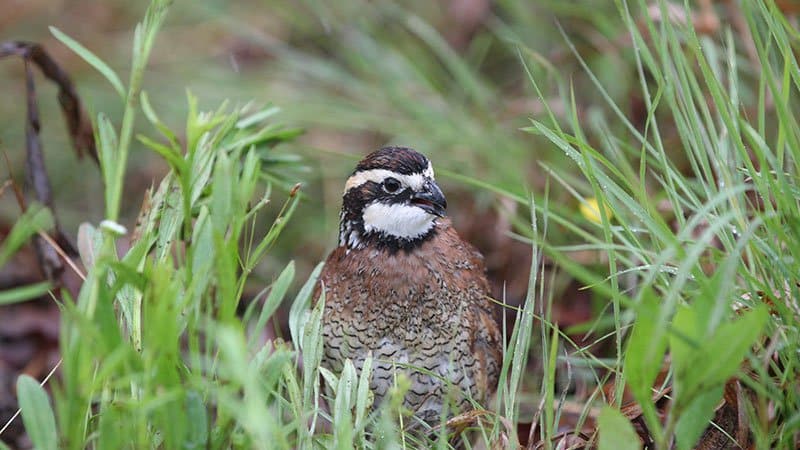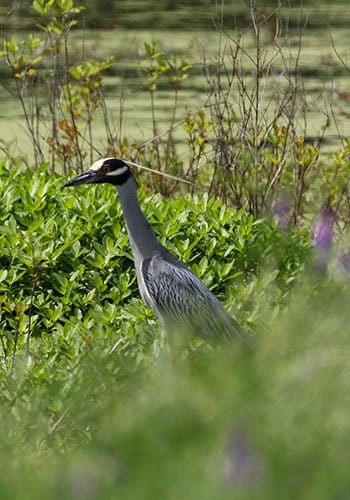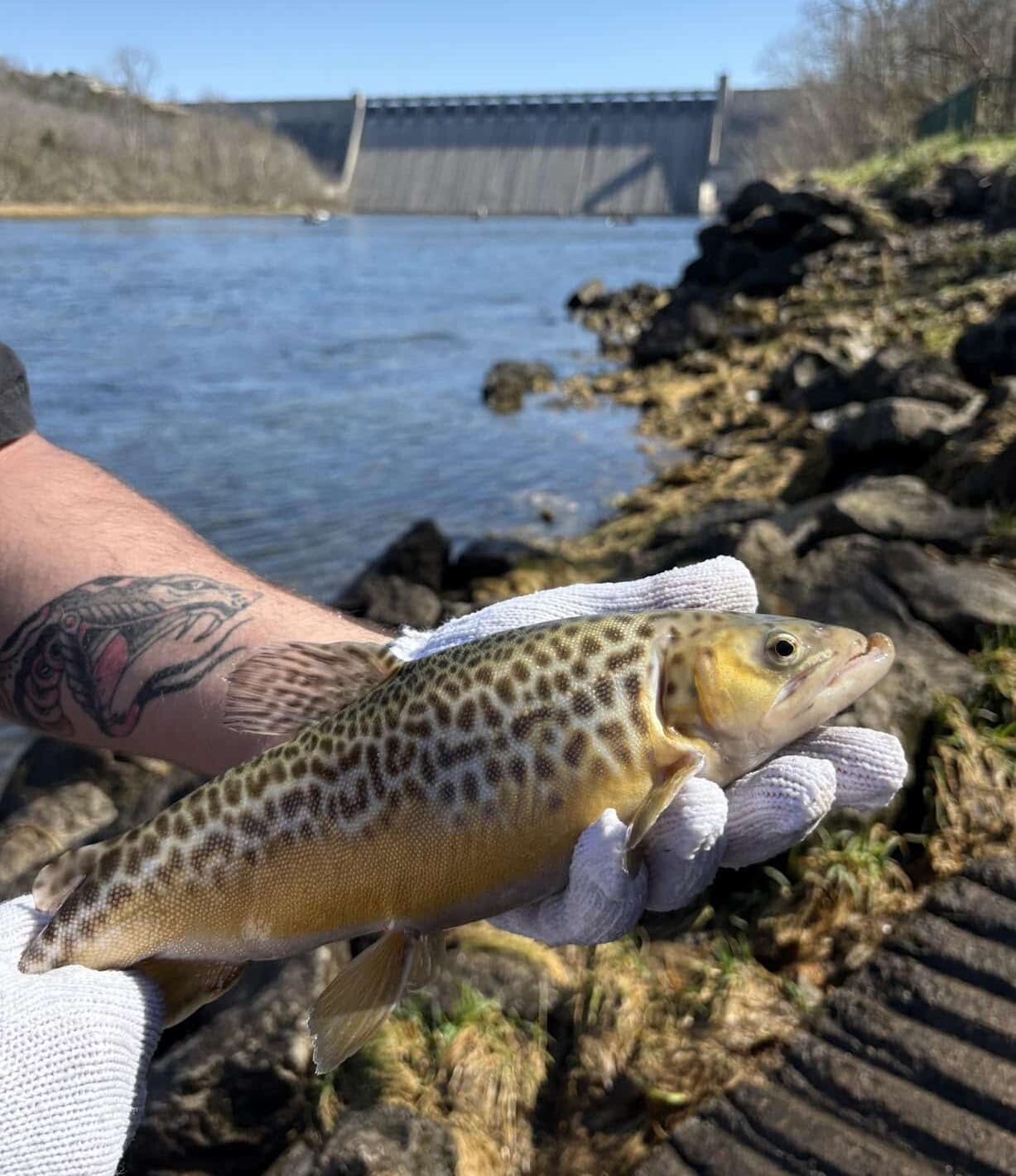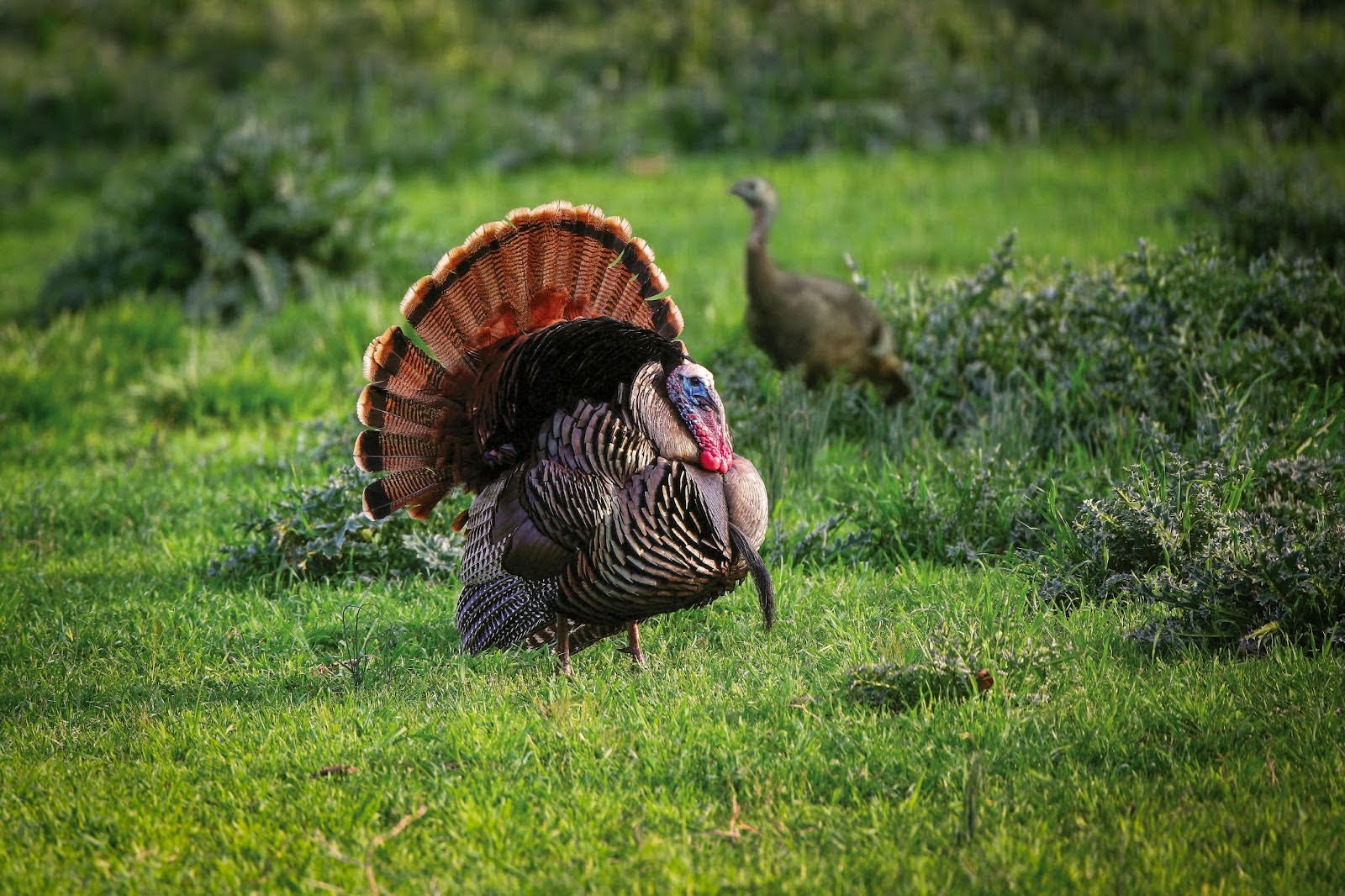RAWA goes to the Senate
ON 07-26-2021

July 26, 2021
Keith Stephens
Chief of Communications
Sen. Roy Blount, R-Mo., and Sen. Martin Heinrich, D-N.M., brought the 2021 version of the Recovering America’s Wildlife Act to the Senate floor last week.
The legislation is the latest attempt to support the long-term health of fish, wildlife and their habitats with dedicated, annual funding.
Arkansas Game and Fish Commission Director Austin Booth said that this funding is crucial to conserve species and improve habitat across the state. “These funds would be restricted for work that benefits the 380 species of greatest conservation need in Arkansas,” Booth said.
“Of course, good habitat provides benefits to all wildlife and improves the overall quality of our natural places in Arkansas.”
Charles “Trey” Buckner, president of the Arkansas Wildlife Federation, said that to adequately address the needs of wildlife in Arkansas, significantly more funding will be required. “This bipartisan bill will allow us to get ahead of the problem by stepping in to help at-risk wildlife early with collaborative, voluntary measures,” he said. “This investment will create jobs restoring habitat and wildlife that are the foundation of Arkansas’s rich outdoor heritage and the strong outdoor recreation economy in our Natural State,” he added.

RAWA, introduced in 2017, would dedicate about $1.4 billion annually to the Wildlife Conservation Restoration Program for proactive, voluntary efforts led by states, territories and tribal nations to prevent vulnerable wildlife from becoming endangered. Each state would be allocated a percentage of the money. Arkansas, for instance, would receive about $15 million. Tribal nations would receive $97.5 million to fund conservation on about 140 million acres.
“Protecting America’s fish and wildlife habitat means conserving the creatures we love before they ever become imperiled,” Heinrich said. “After all, our children deserve to inherit the full breadth of American wildlife – from bumblebees to bison – that we know today. This legislation will make that possible.”
State and federal wildlife agencies have been working against declines of game and fish populations for decades. Escalating problems and dwindling funds have made the situation more difficult in recent years.
“We can better protect our land, waterways and wildlife by encouraging states, territories and tribes to make significant contributions to voluntary conservation efforts,” Blount said. “I’m proud to help introduce this bill that will help preserve our nation’s wildlife for future generations.”
Each state compiles a wildlife action plan that assesses the health of fish and wildlife, and outlines conservation methods to keep them off lists of endangered species. About 12,000 species across the country need attention, although funding covers very few of them; most states focus only on those with the greatest need. RAWA would provide money for about 75 percent of each state’s action plan, and would help 1,600 species already listed as threatened or endangered.
RAWA has support from an array of organizations that represent conservation agencies, fish and wildlife agencies, tribes, outdoor sportsmen, environmental advocates and people in the outdoor recreation industry.
Rep. Debbie Dingell, D-Mich., and Rep. Jeff Fortenberry, R-Neb., introduced RAWA to the House April 22; it was adopted July 1.
“We are in the midst of an unprecedented biodiversity crisis,” Dingell said when RAWA was adopted. “RAWA is strong commitment to using innovative, state-based management to safeguard our nation’s environmental heritage for current and future generations. Enhancing and investing in our nation’s conservation efforts ensure the long-term health of fish and wildlife throughout the country.”
Fortenberry also praised the action.
“The Recovering America’s Wildlife Act is the single most exciting public policy development in the conservation space in decades,” Fortenberry said. “It’s a winner!”
RAWA would complement such longstanding legislation as the Federal Aid in Wildlife Restoration Act (Pittman-Robertson Act), passed in 1937, and the Federal Aid in Sport Fish Restoration Act (Dingell-Johnson Act), 1950, which have helped protect large mammals, game birds and sport fish. Rep. John Dingell, a sponsor of the Dingell-Johnson Act, is the late husband of Debbie Dingell.
According to the National Wildlife Federation, RAWA would help counter the decline of many species in peril.
*One-third of bird species in North America are in need of urgent conservation action.
*More than 40 percent of freshwater fish species are at risk in North America.
*About 42 percent of amphibians in the U.S. are threatened or declining.
* A third of turtles are threatened and 5 percent of other reptiles are threatened.

*Of 800 butterfly species in the U.S., 17 percent are known to be at risk of extinction, although there could be more because of a lack of information about many native species.
*More than a quarter of North American bumblebee species are facing some degree of extinction risk.
*An estimated 18 percent of bat species are at risk of extinction, with an additional 13 percent potentially at risk.
*Seventy percent of freshwater mussels in North America already are extinct or imperiled.
Recent News

Catch a tiger by the tail(water)
Mar. 31, 2025
Subscribe to Our Weekly Newsletter E-mails
Don’t miss another issue. Sign up now to receive the AGFC Wildlife Weekly Newsletter in your mailbox every Wednesday afternoon (Waterfowl Reports are published weekly during waterfowl season and periodically outside the season). Fishing Reports arrive on Thursdays. Fill in the following fields and hit submit. Thanks, and welcome!

